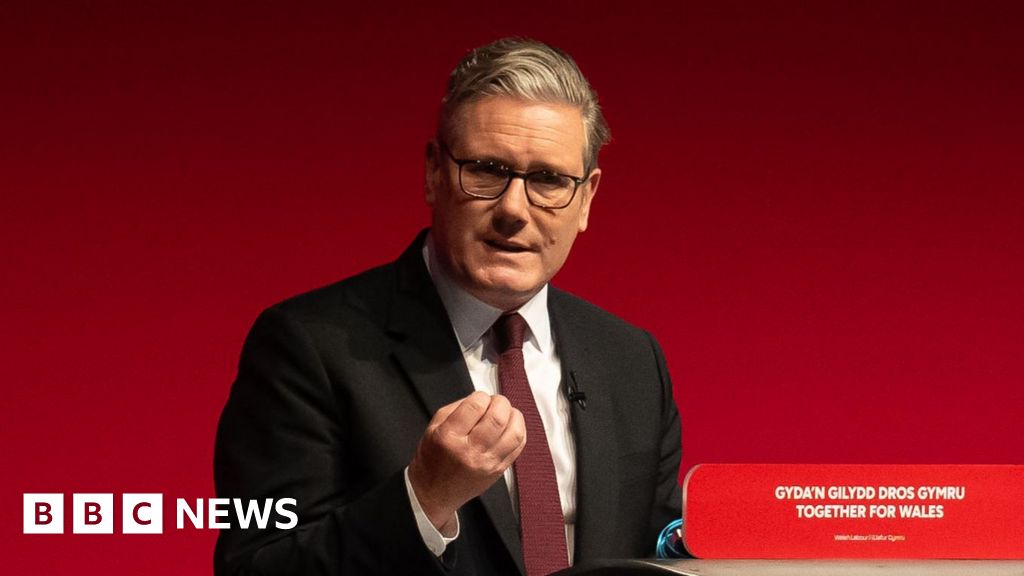Indonesia’s Integrity Imperative and ASEAN’s Future
The viral claim that ASEAN warned Indonesia of possible disintegration by 2030 due to endemic corruption was swiftly debunked. No such statement appeared in the May 2025 ASEAN Summit documents nor in the World Bank’s official publications. However, its widespread circulation exposes a deeper unease—one rooted in the undeniable truth that corruption remains a corrosive force, weakening Indonesia’s economic foundations, threatening public trust, and undermining regional integrity.
This episode is more than a fact-checking exercise. It underscores a sobering reality: while Indonesia remains Southeast Asia’s largest democracy, its governance architecture is visibly strained. From chronic procurement fraud to weakened anti-graft institutions, the Indonesian state has yet to tame the entrenched networks of clientelism and political patronage that siphon national wealth and public trust alike.
The 46th ASEAN Summit in Kuala Lumpur instead highlighted ‘Inclusivity and Sustainability’ as its 2045 vision—aspirations that cannot be realised unless the region tackles systemic governance failures. And nowhere is this more urgent than in Indonesia, where economic leakage, institutional decay, and digital disinformation form a toxic triangle.
Recent research paints a stark picture. Corruption is estimated to drain Indonesia of 2–3% of its GDP annually, amounting to tens of billions in lost services, distorted investments, and inflated procurement budgets. Inflation eased to 1.6% by year-end 2024 (2.3% average) and remained within the 2.5 ± 1% target corridor in 2025—testimony to tight policy coordination between Bank Indonesia and the government. Transparency International ranked Indonesia 37 out of 100 in its 2024 Corruption Perceptions Index—lagging behind ASEAN peers such as Vietnam and Malaysia. The World Bank’s Control of Corruption indicator placed Indonesia at –0.49, well below the global average.
The local impact is even more severe. Field studies show that in provinces where corruption exceeds certain thresholds, economic growth slows dramatically. Procurement funds vanish. Schools and hospitals are underbuilt or shoddily provided. Meanwhile, decentralisation reforms, intended to empower local government, have instead multiplied the number of hands skimming public budgets.
What does this mean geopolitically?
First, Indonesia’s capacity to lead the region as ASEAN’s de facto heavyweight is compromised by domestic governance weaknesses. Political capture by economic elites stifles reform. Recurrent scandals—some reaching into defence procurement and public infrastructure—fuel public cynicism and blunt Jakarta’s credibility when promoting regional norms of transparency and the rule of law.
Second, ASEAN’s credibility suffers. For all the talk of a rules-based order, corruption undermines the region’s soft power. If democratic erosion and institutional decline persist in member states, ASEAN risks becoming a hollow vessel for lofty declarations. The disinformation surrounding Indonesia’s supposed 2030 ‘collapse’ may be false, but its virality hints at waning confidence in ASEAN’s integrity.
Third, the digital ecosystem accelerates distrust. The viral ‘ASEAN warning’ narrative spread rapidly across Southeast Asian platforms. While easily disproven by reading the summit communiqué, few do. This reveals the new battleground: disinformation thrives when formal institutions lose moral authority. Where trust erodes, conspiracies take root.
What’s needed is not another ASEAN statement, but tangible action on governance resilience. Three avenues stand out.
ASEAN must initiate a Regional Integrity Compact—a binding, independently monitored governance framework that benchmarks anti-corruption reforms across member states. Inspired by the OECD’s Anti-Corruption Network, this compact should integrate real-time procurement tracking, sectoral red-flag indicators, and transparency scorecards linked to UNCAC compliance. A designated unit within the ASEAN Secretariat, working alongside neutral data partners, must publish annual reports accessible to civil society, investors, and member parliaments alike. Only through enforceable metrics—not rhetorical declarations—can ASEAN restore credibility in its governance ambitions.
Indonesia’s leadership in ASEAN hinges on the restoration of independent prosecutorial authority. The rollback of the Corruption Eradication Commission’s (KPK) powers since 2019 has severely compromised public trust. This must be reversed through emergency legislative amendment to reinstate its wiretapping capacity, shield it from executive interference, and ensure prosecutorial continuity. Pilot programs should be deployed for independent project audits in high-risk sectors like infrastructure and defence, backed by civic oversight dashboards. No ASEAN leadership claim can be sustained if Indonesia cannot clean its own house.
Australia and Japan—both leading ASEAN dialogue partners—must anchor a new Strategic Governance Partnership for the Indo-Pacific. This initiative should target forensic accounting training, secure whistleblower systems, and regional ombuds institutional support, particularly in fragile democracies. By aligning with the EU’s Corporate Sustainability Due Diligence Directive, such a partnership would counteract opaque foreign investment and safeguard institutional resilience. As Beijing’s economic influence grows, a values-based governance bulwark is not merely ideal—it is indispensable.
Indonesia is not Sri Lanka. It retains a pluralist system, growing GDP, and an active civil society. But the Sri Lankan collapse remains a cautionary tale: corruption-fueled inequality, elite impunity, and opaque debt deals led to mass revolt and institutional failure. The same fault lines—if left unaddressed—exist in Indonesia.
Moreover, as Southeast Asia navigates a more contested Indo-Pacific, governance is no longer a domestic issue; it is strategic. Poor governance undermines resilience, emboldens foreign interference, and weakens regional cohesion. To dismiss the viral ‘disintegration’ claim as mere misinformation is to miss the signal in the noise.
ASEAN’s 2045 vision will be built not in summits but in procurement offices, audit bureaus, and independent courts. Indonesia’s leadership depends not only on its economy or geography, but on its willingness to confront the rot within. The disinformation storm is a symptom. The cure is integrity.



